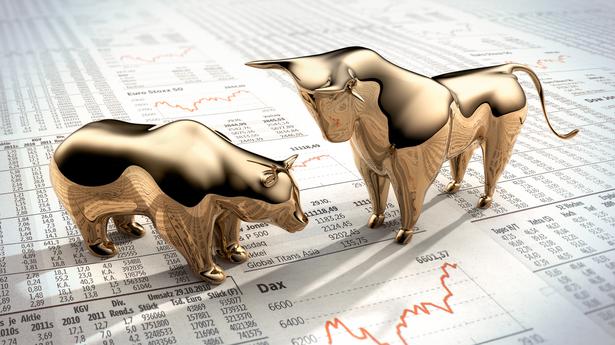
Why Buffett bats for index funds
The Hindu
Such funds own a basket of actively-traded stocks, are low on costs and not personality centric
Thousands of investors from around the world tune into the annual general meetings of American conglomerate Berkshire Hathaway Inc. and read its shareholder letters.
They hope to receive investing wisdom from Warren Buffett, Berkshire’s Chairman and CEO, who has become one of the world’s richest men by owning shares in great American companies.
But one piece of advice that Mr. Buffett repeats in every meeting, whenever asked for stock tips, is to invest in an index fund instead. “Consistently buy an S&P 500 low-cost index fund. Keep buying it through thick and thin, especially through thin,” he once quipped. Mr. Buffett has also said that after his death, he’s instructed his trustees to put 90% of his estate into an S&P 500 index fund for the benefit of his wife. This may seem to be strange advice, coming from a veteran investor who has amassed more than $100 billion by actively buying and owning equity stakes in American companies. But Mr. Buffett has sound reasons to recommend index investing to folks who aren’t professional investors.
Whether you’re an Indian investor who’s new to the stock market or a person at the middle of her career who doesn’t have the time to pick stocks or funds, Mr. Buffett’s advice can apply to you. If you’re keen to participate in the return potential of equities without having to manage your portfolio, you can simply take the passive route. Passive investing entails buying into an index fund or Exchange Traded Fund (ETF) that mirrors a broad market index such as the Sensex 30, Nifty50, Nifty100 or Nifty500, by owning the same basket of stocks that the index holds.
For an investor looking to own equities, one of the toughest choices to make is selecting the right stocks or equity funds to buy. Social media, Whatsapp and Telegram channels are choc-a-bloc with stories of how an investment in Infosys or Asian Paints shares 20 years ago would have made you rich beyond your wildest dreams today. But such stories are shaped by hindsight. For every stock that delivers double-digit gains over the long run, there are dozens that don’t get even to a savings-bank return.
In 2021 at a Berkshire meeting, Mr. Buffett explained that there’s a lot more to picking stocks than figuring out what’s going to be a ‘wonderful industry’ in future. “There were at least 2,000 companies that entered the (U.S.) auto business (in the 1900s) because it clearly had this incredible future, but in 2009, there were three left, two of which went bankrupt.”
Investors who’ve been around in Indian markets since the nineties will have similar stories to relate about textile giants such as Century Textiles and Bombay Dyeing which used to be part of the Sensex but now are a shadow of their former selves.











